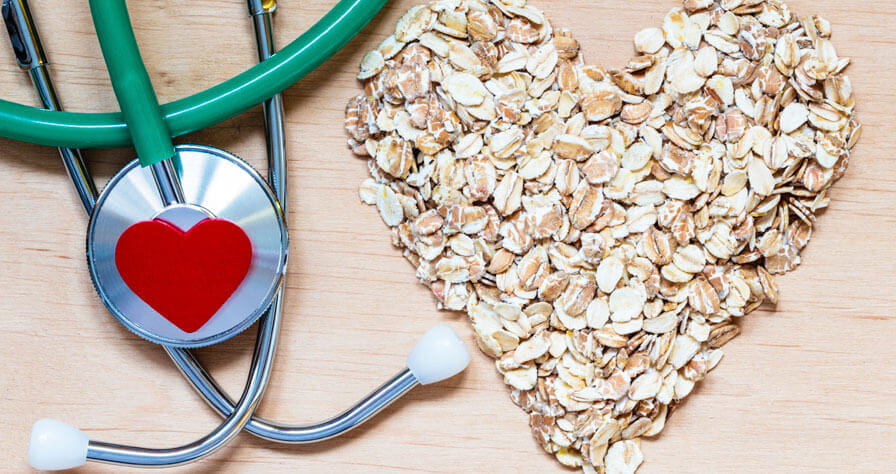6 Things That Affect Cholesterol Levels & How to Lower Them

Cholesterol is a waxy substance found naturally in your blood. It’s made by your liver but also found in certain foods like eggs, meat, and dairy products.
Cholesterol is carried through your bloodstream attached to proteins in a substance that’s referred to as a lipoprotein. There are two types of lipoproteins: low-density lipoproteins (LDL), the so-called “bad cholesterol,” and high-density lipoproteins (HDL), the “good cholesterol.”
If you have too much LDL in your blood, fatty deposits can develop in your blood vessels. If they get big enough, these deposits can reduce the amount of blood flowing through the vessels, and ultimately block the flow entirely.
On the other hand, you want to have plenty of HDL. Its job is to take excess cholesterol back to your liver, which keeps the material from accumulating in your blood vessels.
One other substance in the blood that can increase the risk of heart disease if it’s too abundant is a type of fat called triglycerides. Many of the factors that contribute to a high LDL level also increase triglycerides.
Take Control of Your Health
Have you ever wondered how healthy your heart is? Our quick heart health risk assessment can compare your actual age to your heart’s biological age, as well as calculate your risk of developing cardiovascular disease. Take the free, online assessment today!
Take These Actions to Manage Your Cholesterol
Some factors that affect your cholesterol level are outside your control — your age, gender, and genetics, for example. But the good news is that other factors are within your control. You can focus on them to manage your cholesterol and improve your heart health.
Six of the most important high cholesterol risk factors are:
- Obesity. Being obese increases your risk of high cholesterol and other health issues. Keeping your body mass index (BMI) at the level recommended by your doctor is important.
- Poor diet. Having too much saturated fat (like from fatty meats and full-fat dairy) or trans fats (often found in packaged foods) in your diet is bad for your cholesterol levels. And having lots of salt in your diet is another risk factor for heart disease. Cutting back on these foods can help you manage your cholesterol.
- Smoking. Smoking cigarettes may lower your good cholesterol level. If you smoke, you should quit.
- Alcohol use. If you drink too much alcohol, it can raise your total cholesterol level. You should consume alcohol in moderate amounts (one drink per day for women, and two for men) if at all.
- Sedentary lifestyle. Being inactive is bad for your cholesterol levels and your body in general. Getting 30 minutes of exercise on most days of the week can raise your good cholesterol level and improve your physical and mental health in many other ways, as well.
- Unmanaged stress. Continually high levels of stress hormones can increase your cholesterol level. You should pay attention to the things in your life that are stressful and, as much as possible, take action to minimize them.
Changing your diet and activity level isn’t easy. However, the payoff for your commitment is a lower risk of serious illness and better overall health.
Find a Baptist Health Physician
Your Baptist Health doctor will recommend that you get your cholesterol checked periodically. If your LDL, HDL, or triglycerides aren’t within the appropriate ranges, they’ll talk with you about treatment options.
If you don’t yet have a Baptist Health doctor, you can find one near you in our online provider directory.
Next Steps and Useful Resources
Find a Provider
Wine + Cholesterol: What You Need to Know
Can I Have High Cholesterol in My 20s or 30s?
The Effects of Stress on the Heart



